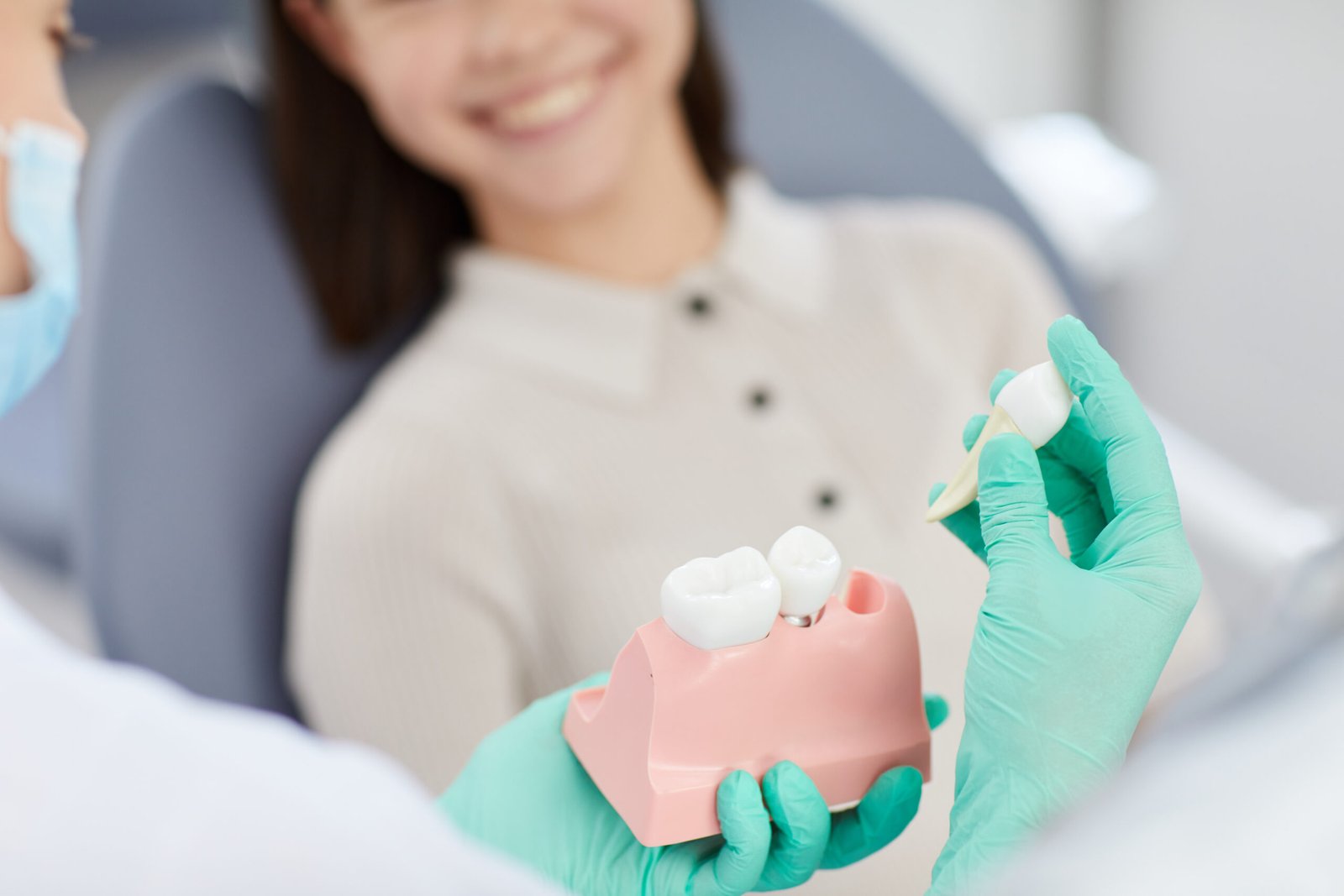
This is the most common oral surgical procedure involving removing a tooth from its socket in the jaw bone. Teeth extraction is often done due to extensive decay, trauma, or overcrowding.
It is a surgical procedure to replace missing teeth. A titanium post is embedded into the jawbone, which acts as an artificial tooth root. A prosthetic tooth, or crown, is then joined to the post, providing a permanent solution for tooth loss.
Third molars, or wisdom teeth, usually emerge between the ages of 17-25. They can cause severe pain, infection, and other dental problems if they become impacted. Wisdom teeth removal can often be a complex oral surgery procedure.
A biopsy involves extracting a small piece of tissue from the mouth to be examined for signs of cancer or other abnormalities.
It is performed to correct various issues, including misaligned jaws, malocclusion (misaligned teeth), and TMJ disorders.
Following your dentist’s instructions ensures a smooth and successful recovery. If you have any doubts during your recovery, don’t hesitate to contact your dentist.

Like any surgery, oral surgery carries certain risks and potential complications. Here are some common factors and complications associated with oral surgery:
Bleeding is a common factor associated with oral surgery. Most bleeding stops within a few hours, but in some circumstances, it may persist and require medical attention.
Infection is an uncertain risk after any surgical procedure. Your dentist will provide guidelines on caring for your mouth after the surgery to reduce the risk of infection.
It is a potential complication of oral surgery, especially when removing wisdom teeth or performing jaw surgery. Nerve damage can generate numbness, tingling, or loss of sensation in the mouth or face.
Swelling and bruising are joint after oral surgery and can last several days. The swelling can sometimes be severe and may require medical attention.
It appears when the blood clot forms after a tooth extraction becomes dislodged or dissolves, exposing the bone and nerves in the socket. A dry socket can source severe pain and requires prompt medical attention.
Anesthesia carries certain risks, including allergic reactions, breathing difficulties, and blood pressure changes. Your dentist will discuss the risks associated with anesthesia and recommend the best option for you.
We are a family centered practice that incorporates compassion and dedication to promote your well being.
Address: → 7702 S Cass Ave, Ste 210
Darien, Illinois 60561
Phone: → 630-810-0444
Opening Hours: → Mon, Wed & Fri
10 AM – 6 PM
Address:
7702 S Cass Ave,
Ste 210 Darien, Illinois 60561
Phone:
630-810-0444
Opening Hours:
Mon, Wed & Fri
10 AM to 6 PM